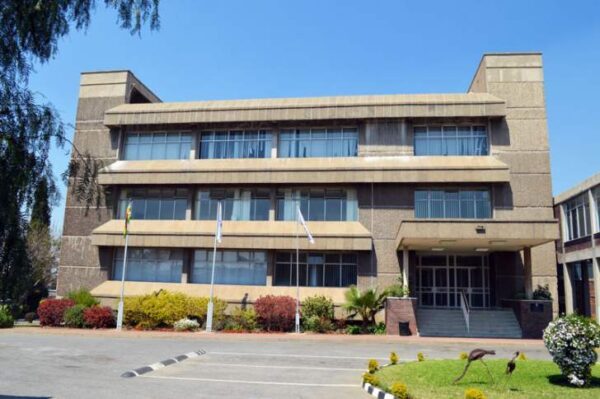Late payments by the state entity, Fidelity Printers and Refiners (FPR) have been leading Artisanal and Small-scale Miners (ASM) to shun the former leading them to turn to cash-ready alternative markets.
This previous week, miners complained that the sole gold buyer was taking over a week to pay gold producers making it unfavorable for them to submit their gold to the state entity.
“Fidelity is letting us down. You find that you have challenges at the mine that need urgent attention like broken pumps, consumables like explosives, diesel for generators. You run to Fidelity to sell your gold only to be told there is no money). We cannot afford to stop operations that why the black market seems to be a better alternative because you get instant cash meaning no downtime,” said a miner who requested anonymity.
Cash on delivery is one aspect the government needs to get right to get more artisanal and small-scale gold miners to submit their bullion to the state entity. Timely payments will complement the recent gold buying price hike that was resoundingly welcomed by miners which may see President Mnangagwa’s 4 billion dollar mining industry being reached before 2023.
Analysts for years have been recommending the liberalization of the industry to as is the case in many other gold-producing countries.
In South Africa for example Rand Refinery is owned by five large gold mining companies, Anglogold Ashanti, Gold Fields, Harmony, Sibanye Gold, and DRDGOLD. AngloGold Ashanti owns 42.41% of Rand Refinery shares, Sibanye Gold owns 33.15%, DRD controls 11.3%, Harmony holds 10.38%, and Gold Fields holds a relatively small 2.76%.
FPR which is currently going through an unbundling phase will be split into two business entities, that is (i) Gold refining and (ii) Printing and Minting.
According to the Reserve Bank of Zimbabwe, “the unbundling of FPR is designed to partially privatise the gold refining business by allowing private players to acquire a stake therein and in the process secure and endear the private sector’s interests in the production and marketing of gold in Zimbabwe. By being part of the decision-making process on gold trading, it is expected that the gold producers’ compliance levels in the trading of gold will significantly increase. Accordingly, the Bank shall retain 40% shareholding in FPR and dispose of 60% shareholding to both the large-scale and smallscale gold producers.
“Using a three-year average delivery of gold to FPR, the Bank will offer 50% shareholding in FPR to the large-scale gold producers, 3% to major FPR gold buying agents and a balance of 7% to the small scale producers through their representative bodies. The Bank shall continue to have 100% equity in the printing and minting business for
national security reasons,” the Reserve Bank of Zimbabwe’s statement concluded.



